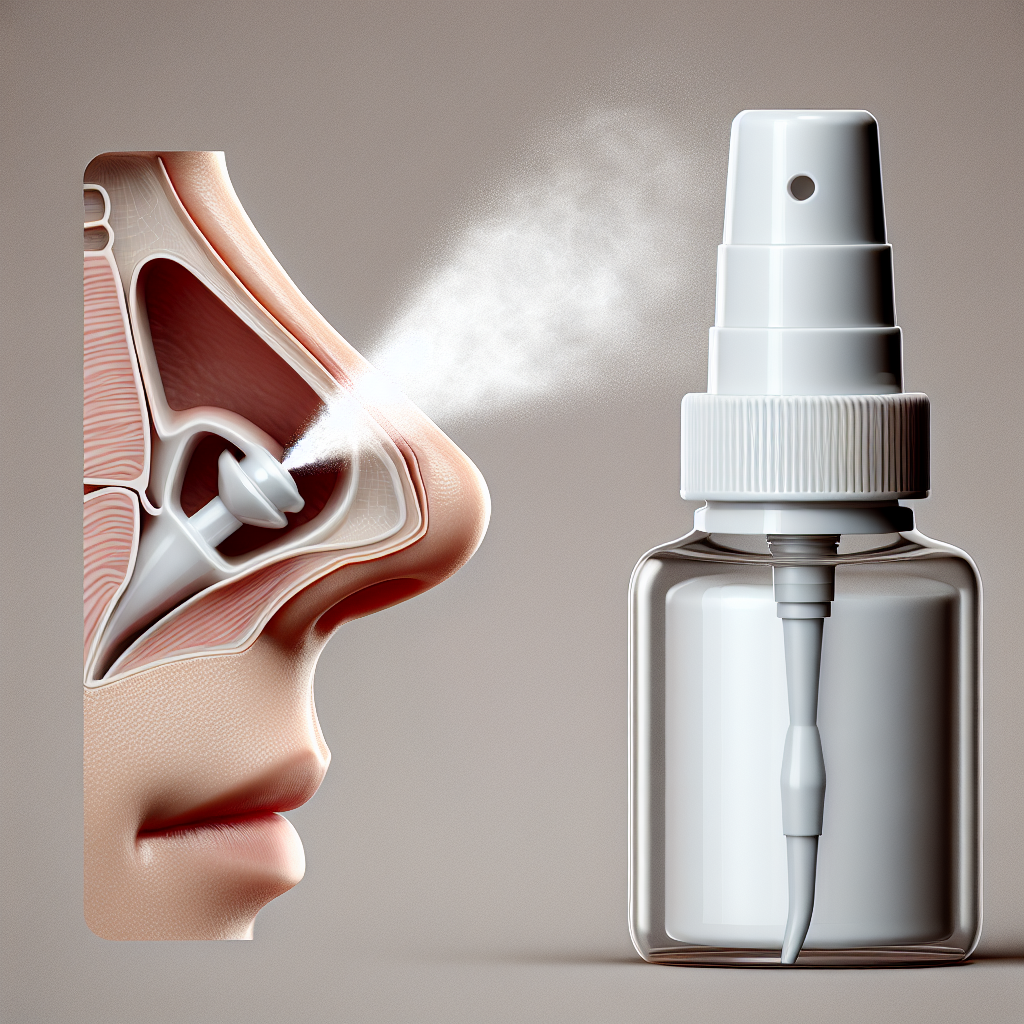Nasal Spray Shows Promise Against COVID and Colds in Trial
A midstage trial revealed the use of an azelastine nasal spray significantly reduced COVID-19 infections and colds. Also, blood proteins may predict ALS risk years before symptoms arise. Meanwhile, antibodies from a recovered mpox patient could lead to new treatments for the virus, showcasing promising medical advancements.

A German study published in JAMA Internal Medicine indicates that an over-the-counter nasal spray antihistamine, azelastine, decreased rates of COVID-19 infections and common colds among participants in a midstage trial. Volunteers used either azelastine or a placebo spray three times daily for 56 days. COVID infections were confirmed in 2.2% of the azelastine group compared to 6.7% in the placebo group.
Additionally, research reported in Nature Medicine identified blood proteins that could signal the onset of amyotrophic lateral sclerosis (ALS) years before symptoms start. Researchers validated this test by analyzing blood from over 23,000 volunteers, including 110 who later developed ALS, detecting a pattern in proteins that indicated early nerve dysfunction. This test showed 98% accuracy.
In another discovery, three antibodies identified from a recovered mpox patient may advance treatment for the virus. These antibodies, which target the A35 protein found on all poxviruses, blocked virus spread in test tubes and protected mice from lethal doses, as reported in the journal Cell. Further human trials are needed to evaluate their full potential.
ALSO READ
Karnataka Eyes Major Investment Deals in Japan: Reviving Industrial Growth
Umar Khalid Appeals to Supreme Court Against Bail Denial in Delhi Riots Conspiracy Case
Indian Millennials and Gen Z: Redefining Travel with Family and Friends
Indian Hospitals to Boost IT Innovation Spending Amid Digital Transformation Challenges
Jitesh Sharma Reveals Virat Kohli's Invaluable Lessons from RCB's Title-Winning Season










